incl. VAT plus shipping costs
Immediate delivery, express possible ![]()
More than 20 Articles in stock
Delivery only innh. Germany and Austria possible.
Switch to the German store
- Item no: 31006
Fast delivery times
All products are in stock with us!14 years of breeding experience
Let our team of experts advise you!High customer satisfaction
from over 3,000 reviews "| Final size: | 8-12 cm |
| with shrimps?: | Socialization not possible |
| with dwarf crabs?: | No |
| Origin: | Africa |
| Difficulty: | 1 - Simple |
| with snails/shells?: | Yes |
| Planting possible?: | Yes |
| Visual effect: | Especially colorful |
| Diet: | omnivorous - omnivorous |
| Breeding: | simply |
| Aquarium size: | 54 l (approx. 60cm) |
| Pelvic region: | Below |
| Water values: | Medium hard water |
| Fish group: | Cichlids |
| Temperature: | 25-30 °C |
Pelviachromis pulcher is one of the most common West African cichlids and probably better known to most as the purple cichlid. It originates from stagnant and flowing very soft waters from southern Nigeria, Benin and Cameroon with very low and acidic pH values to below 5. The animals traded today, however, come almost exclusively from offspring.
In accordance with its genus, the color of the Purple Bream can vary greatly. It is one of the most popular aquarium fishes and can be socialized with similar perches, catfishes and tetras - however, within the spawning and breeding season it behaves aggressively not only among its own kind. It tends to excavate potential breeding burrows down to the aquarium floor, which can be prevented with slates underneath.
Even if the purple damselflies differ in their coloration to some extent, they have some similarities: males generally have a dark to black spot on the gill covers, and the dorsal and anal fins end in a pointed extension. On the upper terminal part of the dorsal and caudal fins black and yellow spots may be developed, which are reddish edged. Their ventral fins are very long, pointedly extended and even reach the anal fin, and the first fin rays may be turquoise in color. Remarkable is their red belly, the color of which extends partially over the mouth. With a size of 9-10 cm, the males grow slightly larger than the females, which only reach about 7-7.5 cm. The females have rounded anal and caudal fins, and the pelvic fins are also much shorter and rounder compared to the males. The belly is usually colored by a remarkable purple (hence their name) to pale pink spot, which is not continued on the head.
Crimson breasted cichlids are cave breeders, and are also fairly easy to breed. If possible, the substrate should consist of a finer grain size up to 5 millimeters or sand and have a rather "messy" structure in the form of stone structures and caves, so that the animals can retreat again and again without looking at each other. A dense jungle of stem plants with nevertheless sufficient swimming space is advantageous. Even though they prefer soft water, breeding has been successful in harder water with a total hardness of 22° dH, KH 13, pH 7.2. Usually a pH value between 6-7 should be aimed for.
In general, these pair-forming perches should be kept in pairs of 54 liters or more, because as soon as they reach sexual maturity, pairs will be found which will beat up their pairless fellow fish, mostly supernumerary females. The stress causes them to withdraw and possibly fall ill. If you want to keep several pairs, you should be sure that even a 250 liter aquarium is just borderline big enough for 2 pairs! Aggressions exist even if a female is not yet ready to spawn - usually she hides if the love-struck male moves too much on her scales. By-fish that tend to stay in the upper layer of water can help cushion the aggression of bottom-preferring perch. At spawning time, even large fellow fish such as sacalars will attack. In such cases, it would be more beneficial to transfer the breeding pair to a 60 liter aquarium.
The female attaches her eggs to the inside of a burrow after mating, hatching after about 3 days and swimming freely from day 5. Females tend to relocate their larvae, so the young are more often found in other burrows . For the first 1-2 days, the juveniles are still fed on their yolk sac and can then be fed nauplii or other live and frozen foods. They are under the supervision of their parents for 3-4 months and are guided and controlled by them. Usually about 25-35 young survive. From a size of 3 cm the male young already begin to threaten each other.
A socialization with shrimps and crayfish is rather to be refrained from; the one can be eaten by them, the other could injure them by their bottom activity. Due to their sometimes aggressive spawning behavior, purple loaches should be kept either in pairs in 54 liters, with by-fish such as tetras and catfish in 80 liters or more, and with large loaches such as angelfish in 250 liters or more. Surface fish such as platies, mollies and guppies in very small numbers can help reduce aggression.
Purple bream will eat live and frozen foods, as well as granules and flake foods. They should be fed sinking food as they tend to avoid the water surface. They may nibble on algae growth or plants and also rummage through the substrate for edibles. Food tablets are advantageous.
Our food recommendation: The NatureHolic Cichfeed has a grain size of 1.5 mm and is therefore also suitable for larger fish. The NH Cichfeed is a soft granulate for predominantly carnivorous fish. It has the same consistency as small crustaceans and insect larvae that fish naturally eat, and the soft granules protect the fish mouth from micro-injuries that can be caused by hard feed granules.
Our plant recommendation: For planting, use NatureHolic InVitros. These are free of snails, planarians and other unwanted co-inhabitants. Also free of algae spores, bacteria and fungi.
Expert Tip: We recommend when keeping fish the NatureHolic 3 Phase Liquid. The care set offers the best all-round protection for your animals. It ensures optimal conditions for successful breeding and keeping.
| Scientific name: | Pelviachromis pulcher |
| German Name: | Purple tilapia |
| Difficulty level: | for advanced fishers |
| Origin/Distribution: | West Africa |
| Coloration: | Males pointed dorsal and caudal fins, and elongated turquoise pectoral fins, females rounded fins and 7 cm maximum size |
| Age expectancy: | 4-6 |
| Water parameters: | GH 10-12, KH 0-6, pH 5-7, temperature 24-27 |
| Tank size: | 54 l and up |
| Food: | Omnivorous |
| Breeding: | easy |
| Behavior: | aggressive towards conspecifics and others |
| Group size: | at least 2 animals |
| Further information: | Ten typical aquarium fish for beginners and alternatives to them, Tips for acclimating fish to the aquarium, Feeding aquarium fish properly - cheap food and what it can do |
- Item no: 31006
Entdecke die Garnelio Welt!
Garnelio gehört zu den größten Onlineshops für wirbellose Aquarientiere weltweit.
Viele Artikel gibt es exklusiv nur bei uns im Shop.

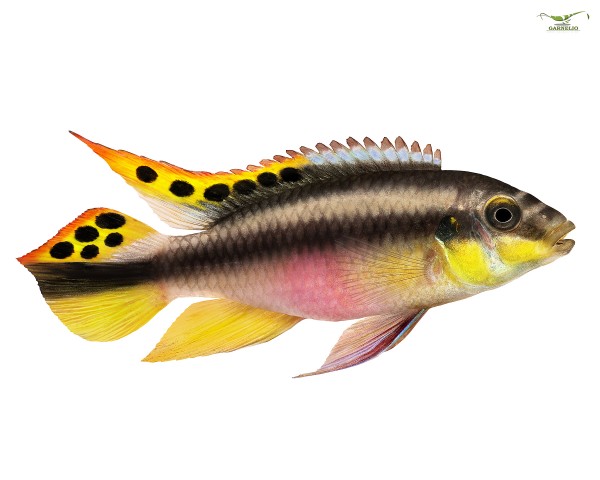

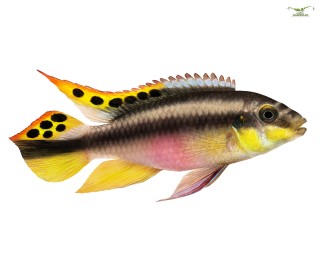
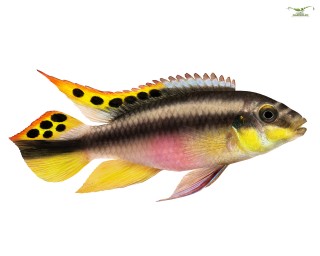
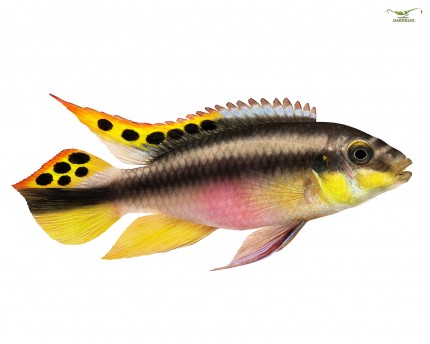
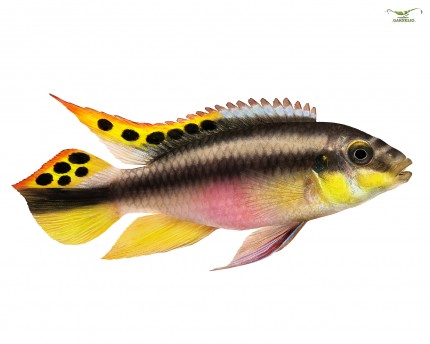
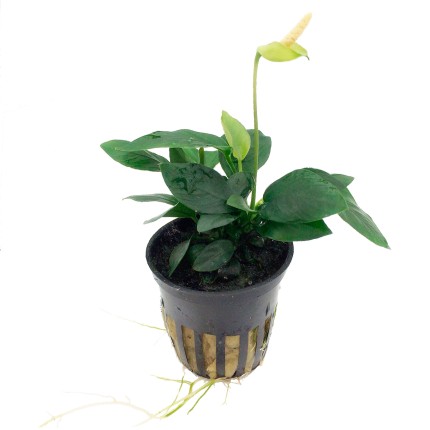

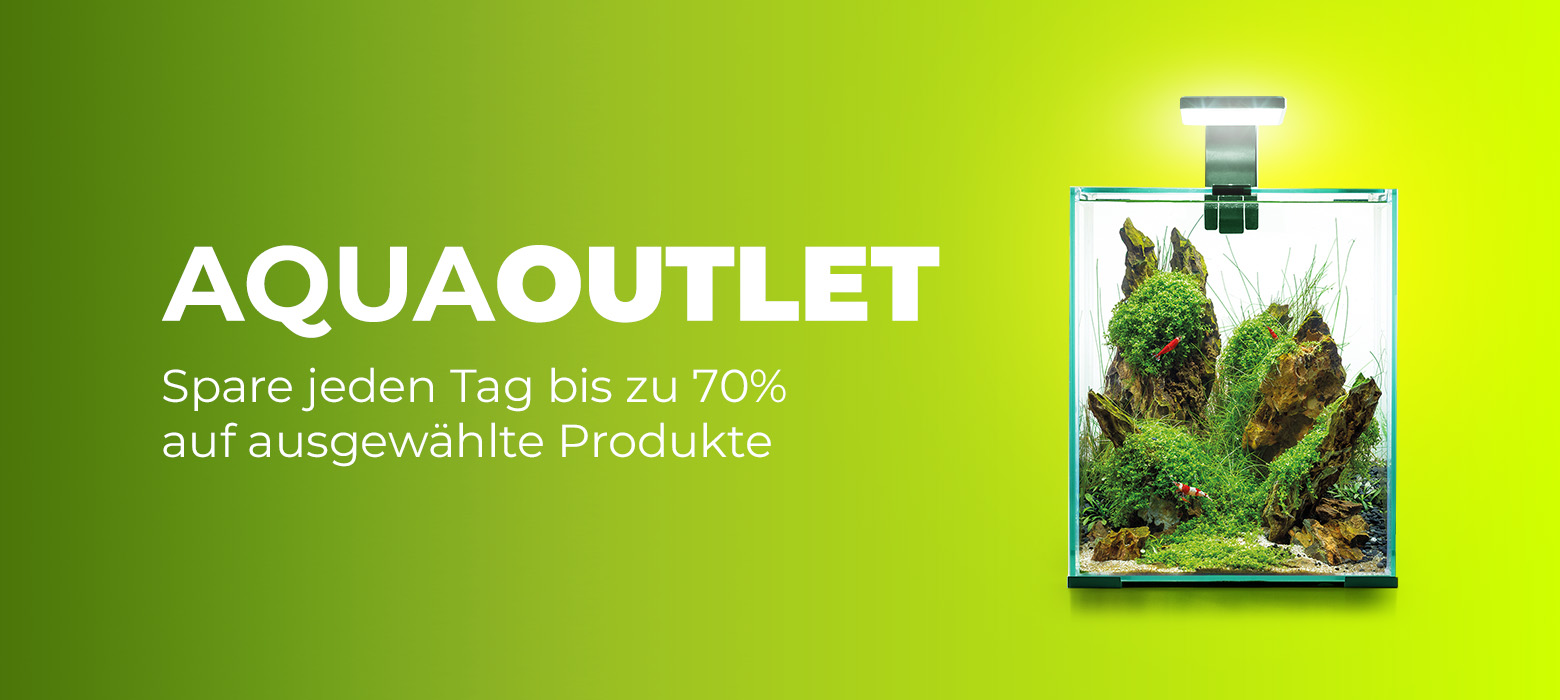
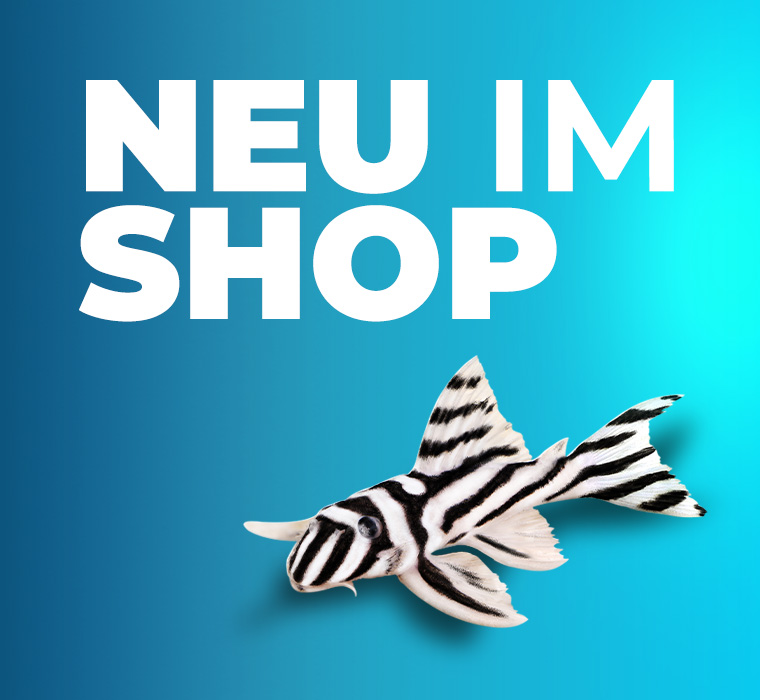


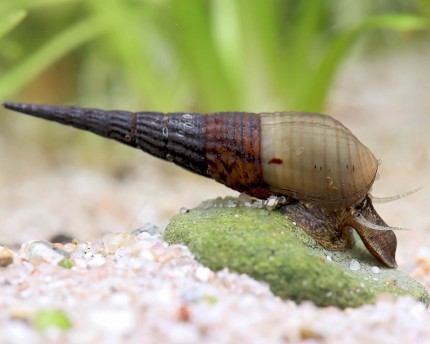
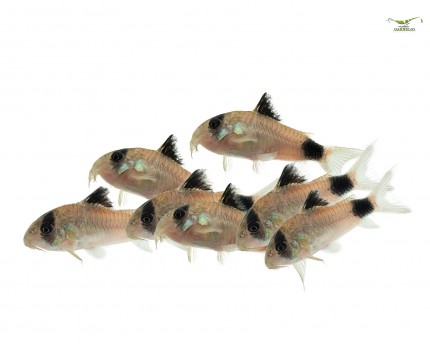
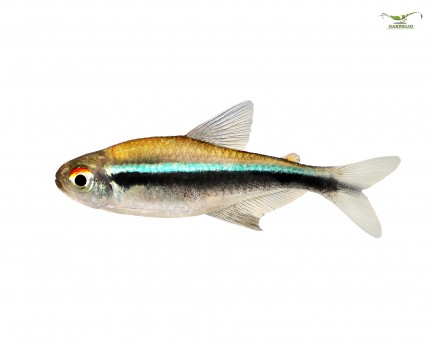
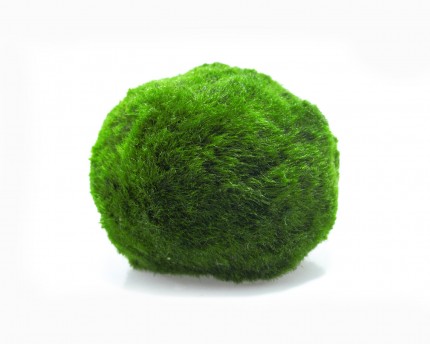

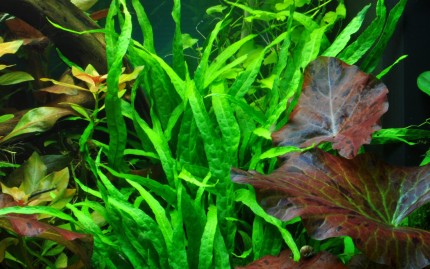
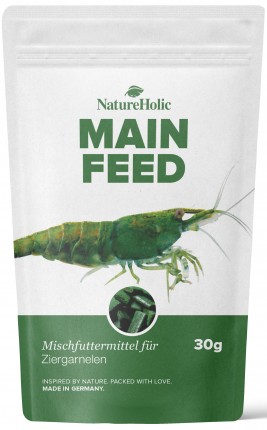
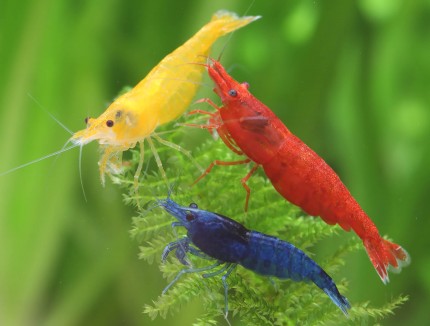
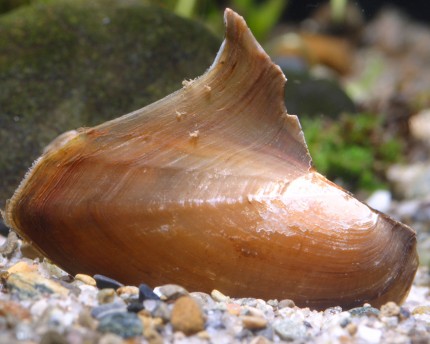
The fields marked with * are required.
I have taken note of the privacy policy.